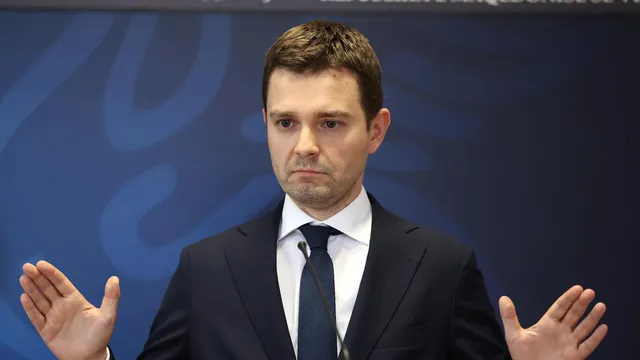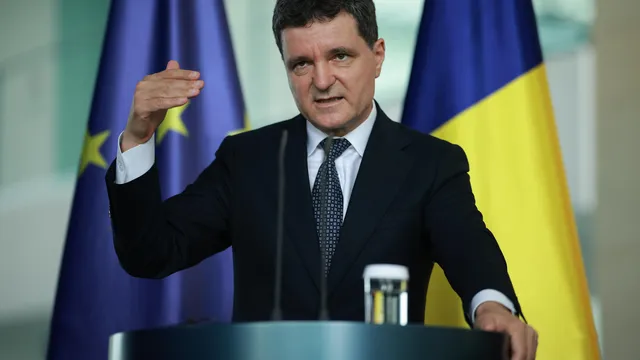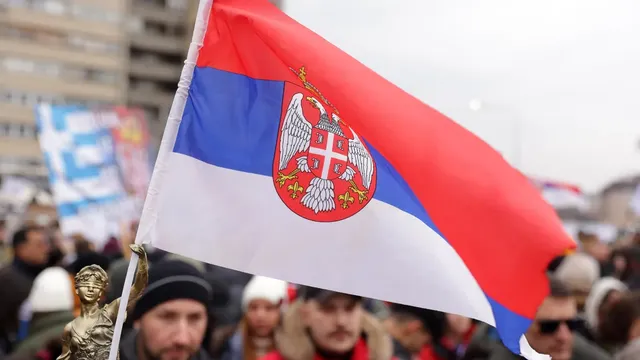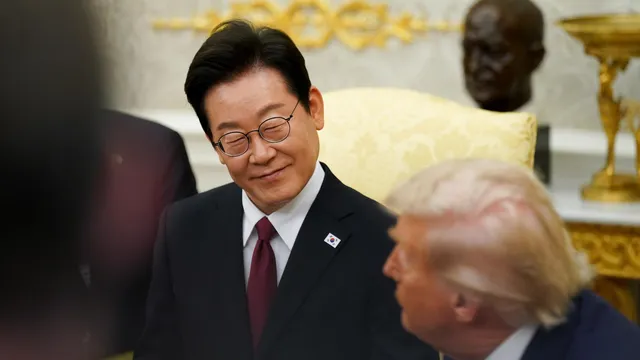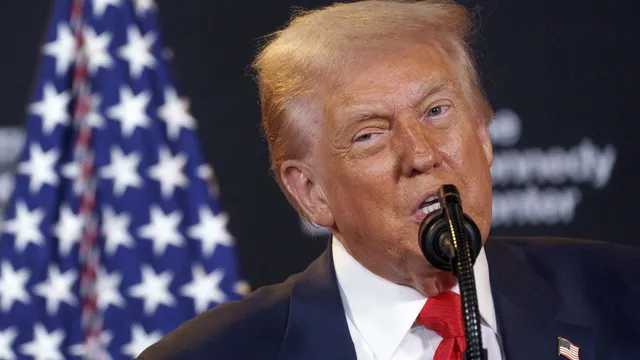North Macedonian Foreign Minister Timcho Mucunski told Politico that "his country will not make the constitutional changes Bulgaria is demanding unless the EU guarantees that this is the last request." He also expressed concern about "selective enlargement" with Ukraine and Moldova.
"Our fear is: if we do it, what will happen if in six months Bulgaria comes back to us with demands on issues such as history, identity, and language?" Mucunski added.
"Although he does not want to change the constitution for now, Mutsunski says his country can move forward with other reforms for EU accession," the media outlet writes.
"If tomorrow the member states tell us that we need to do more for good governance, the rule of law... we understand. And not only do we understand, but we also feel that this is an obligation we must take on, not only at the request of the EU institutions, but also because of the need for a stronger society," the North Macedonian foreign minister added.
At the same time, Mucunski expressed some concern about the speed with which the candidacies of Ukraine and Moldova are moving forward.
"I understand the strategic need for member states to open their doors to Ukraine. However, the fastest and probably most cost-effective investment in European stability that can be made is for the European Union to open its doors to the entire region as soon as possible. Because I don't think selective enlargement is the best option," Mucunski argued.
BGNES reminds that constitutional changes are a small part of the conditions that Skopje has already accepted and must strictly comply with if, of course, it wishes to join the Union.
Skopje is currently campaigning to challenge the protocol from the second meeting of the Joint Intergovernmental Conference, signed by Ministers Genčovska and Osmani three years ago, during the period when the so-called "French proposal" was negotiated.
The "initiative" was introduced by former MP Liljana Popovska.
"This is one of the most harmful documents in our history," Mucunski recently said of the Protocol.
The minister himself is misleading his fellow citizens that the changes to North Macedonia's constitution are a condition of the 2017 Treaty on Friendship, Good Neighbourliness and Cooperation.
In fact, they are part of the Negotiating Framework approved by all EU member states and both parliaments — Bulgarian and Macedonian — in 2022.
This document actually stipulates that Skopje agrees that the next intergovernmental conference with the EU will take place after it includes Bulgarians among the state-forming nations in the preamble and two articles of its Constitution.
In the same protocol, the government of the Republic of North Macedonia confirms its commitment that nothing in its constitution can or should be interpreted as a basis for interference in the internal affairs of Bulgaria with the aim of protecting the status and rights of persons who are not citizens of North Macedonia.
This clause means, de facto and de jure, that Skopje will not claim recognition of a "Macedonian minority" in Bulgaria.
The protocol also provides for countering hate speech against Bulgarians and Bulgaria, which enjoys enormous institutional and media support in today's North Macedonia, rehabilitating the victims of the communist regime in Macedonia, and opening the archives of the Yugoslav secret services—all essential conditions.
The negotiating framework obliges the European Commission to monitor the implementation of the conditions and to report on this to the Council of the EU.
The attempt to revise the international agreements was met with a categorical "no" from Commission President Ursula von der Leyen and European Council President Antonio Costa, who recently emphasized in the company of Mickoski: "There is no plan B, North Macedonia must fulfill what was agreed in 2022, there is nothing to negotiate." I BGNES

 Breaking news
Breaking news
 Europe
Europe
 Bulgaria
Bulgaria
